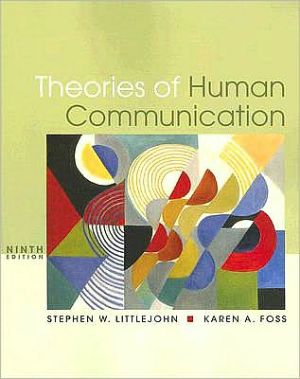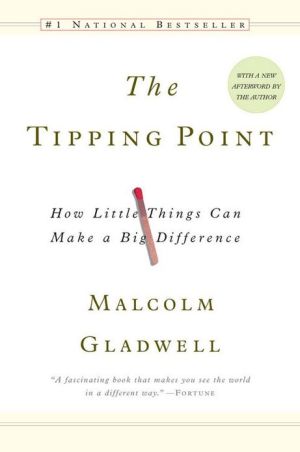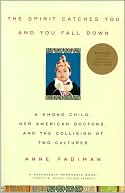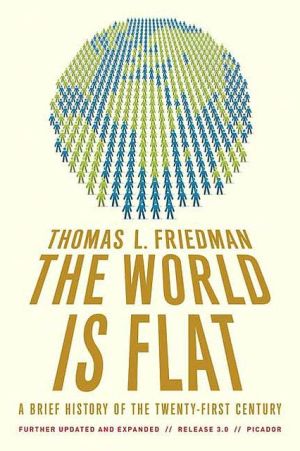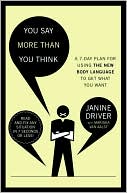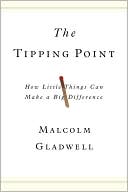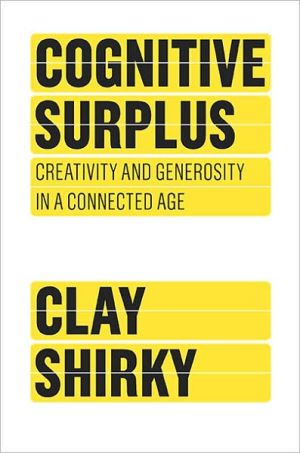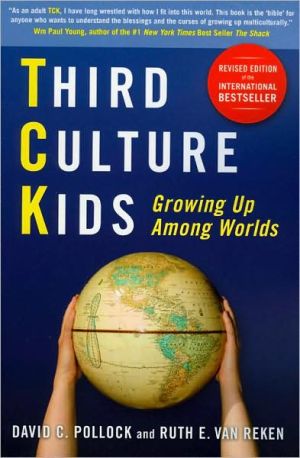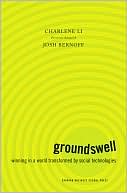Theories of Human Communication
THEORIES OF COMMUNICATION is considered the seminal text in the field. Littlejohn presents theories in a clear and accessible writing style while maintaining the high level of scholarship and analysis.
Search in google:
THEORIES OF HUMAN COMMUNICATION is considered the seminal text in the field. Littlejohn and Foss present the range of communication theories currently available in the discipline, organizing them according to the scholarly traditions and contexts from which they emerge. Clear and accessible writing, charts that summarize the relationships among theories, and sections devoted to applications and implications help position theories within the discipline as a whole. Booknews This textbook provides a survey of communication theories from the classic and the contemporary period. An introduction outlines the role of communication theory and recommends the means of evaluating it; the conclusion describes how such theory is crafted. In between, chapters address topics in communication theory and contextual themes. System theory, signs and language, discourse, message production, reception and processing, social and cultural reality, experience and interpretation, relationships, group decision-making, organizational networks, and media are all covered. Annotation c. Book News, Inc., Portland, OR (booknews.com)
Preface xiiiFoundations 1Communication Theory and Scholarship 2Defining Communication 3The Academic Study of Communication 4The Process of Inquiry in Communication 7A Basic Model of Inquiry 7Types of Scholarship 7How Scholars Work 9Notes 11The Idea of Theory 14Dimensions of Theory 16Philosophical Assumptions 16Concepts 19Explanations 19Principles 19Nomothetic Theory 20Philosophical Assumptions 21Concepts 22Explanations 22Practical Theory 23Philosophical Assumptions 24Concepts 24Explanations 25Principles 25Evaluating Communication Theory 26Theoretical Scope 26Appropriateness 26Heuristic Value 27Validity 27Parsimony 27Openness 27So What Makes a GoodTheory After All? 28Looking Forward 28Notes 30Traditions of Communication Theory 33Framing Communication Theory 34The Semiotic Tradition 35Key Ideas of the Semiotic Tradition 35Variations in the Semiotic Tradition 36The Phenomenological Tradition 37Key Ideas of the Phenomenological Tradition 37Variations in the Phenomenological Tradition 38The Cybernetic Tradition 39Key Ideas of the Cybernetic Tradition 39Variations in the Cybernetic Tradition 41The Sociopsychological Tradition 41Key Ideas of the Sociopsychological Tradition 42Variations in the Sociopsychological Tradition 43The Sociocultural Tradition 43Key Ideas of the Sociocultural Tradition 43Variations in the Sociocultural Tradition 44The Critical Tradition 45Key Ideas of the Critical Tradition 46Variations in the Critical Tradition 46The Rhetorical Tradition 49Key Ideas of the Rhetorical Tradition 49Variations in the Rhetorical Tradition 50Expanding Contexts for Communication 51Notes 57Theories 63The Communicator 64The Sociopsychological Tradition 66Trait Theory 66Cognition and Information Processing 69The Cybernetic Tradition 75Information-Integration Theory 75Consistency Theories 78The Sociocultural Tradition 82Symbolic Interaction and the Development of Self 82Harre on Person and Self 83The Social Construction of Emotion 85The Presentational Self 87The Communication Theory of Identity 88Identity Negotiation Theory 90The Critical Tradition 91Standpoint Theory 92Identity as Constructed and Performed 93Queer Theory 93Applications & Implications 94Notes 98The Message 103The Semiotic Tradition 105Symbol Theory: Susanne Langer 105Classical Foundations of Language 106Theories of Nonverbal Coding 108The Sociocultural Tradition 112Speech Act Theory 112Kenneth Burke's Theory of Identification 114Language and Gender 116The Sociopsychological Tradition 119Action-Assembly Theory 119Strategy-Choice Models 122Message-Design Models 126Semantic-Meaning Theory 129The Phenomenological Tradition 132Paul Ricoeur 133Stanley Fish 134Hans-Georg Gadamer 135Applications & Implications 137Notes 141The Conversation 147The Sociopsychological Tradition 149Managing Uncertainty and Anxiety 149Accommodation and Adaptation 152The Sociocultural Tradition 159Symbolic Interactionism 159Symbolic-Convergence Theory 162Conversation Analysis 164Face-Negotiation Theory 172The Cybernetic Tradition 175The Coordinated Management of Meaning 175The Critical Tradition 180Language-Centered Perspective on Culture 181Co-Cultural Theory 181Invitational Rhetoric 182Applications & Implications 184Notes 188The Relationship 194The Cybernetic Tradition 197Relational Patterns of Interaction 197The Sociopsychological Tradition 199Relational Schemas in the Family 199Social Penetration Theory 202The Sociocultural Tradition 204Identity-Management Theory 204A Dialogical/Dialectical Theory of Relationships 207Communication Privacy Management 212The Phenomenological Tradition 214Carl Rogers 214Martin Buber 216Applications & Implications 217Notes 220The Group 224The Sociopsychological Tradition 227Interaction Process Analysis 227The Cybernetic Tradition 228Bona Fide Group Theory 228Input-Process-Output Models 230The Sociocultural Tradition 235Structuration Theory 236Functional Theory 239Groupthink Theory 242The Critical Tradition 243Applications & Implications 244Notes 247The Organization 251The Sociopsychological Tradition 254Weber's Theory of Bureaucracy 254The Cybernetic Tradition 255The Process of Organizing 256Taylor's Co-orientation Theory of Organizations 258Network Theory 260The Sociocultural Tradition 262Structuration Theory 263Organizational Control Theory 265Organizational Culture 268The Critical Tradition 271Dennis Mumby's Discourse of Suspicion 272Deetz on Managerialism and Organizational Democracy 273Gender and Race in Organizational Communication 274Applications & Implications 277Notes 280The Media 285The Semiotic Tradition 288Jean Baudrillard and the Semiotics of Media 288The Sociocultural Tradition 289Medium Theory 289The Agenda-Setting Function 293Social Action Media Studies 295The Sociopsychological Tradition 298The Effects Tradition 298Cultivation Theory 299Uses, Gratifications, and Dependency 300The Cybernetic Tradition 303Public Opinion and the Spiral of Silence 303The Critical Tradition 305Branches of Critical Media Theory 305Feminist Media Studies 306Bell hooks's Critique of Media 306Applications & Implications 308Notes 310Culture and Society 315The Semiotic Tradition 317Linguistic Relativity 317Elaborated and Restricted Codes 318The Cybernetic Tradition 321The Diffusion of Information and Influence 321The Phenomenological Tradition 323Cultural Hermeneutics 323The Sociocultural Tradition 324Ethnography of Communication 325Performance Ethnography 328The Critical Tradition 329Modernism 330Postmodernism 337Poststructuralism and the Work of Michel Foucault 342Postcolonialism 343Applications & Implications 346Notes 348Continuing the Conversation Theorizing Your World 353Bibliography 356Index 389
\ BooknewsThis textbook provides a survey of communication theories from the classic and the contemporary period. An introduction outlines the role of communication theory and recommends the means of evaluating it; the conclusion describes how such theory is crafted. In between, chapters address topics in communication theory and contextual themes. System theory, signs and language, discourse, message production, reception and processing, social and cultural reality, experience and interpretation, relationships, group decision-making, organizational networks, and media are all covered. Annotation c. Book News, Inc., Portland, OR (booknews.com)\ \
